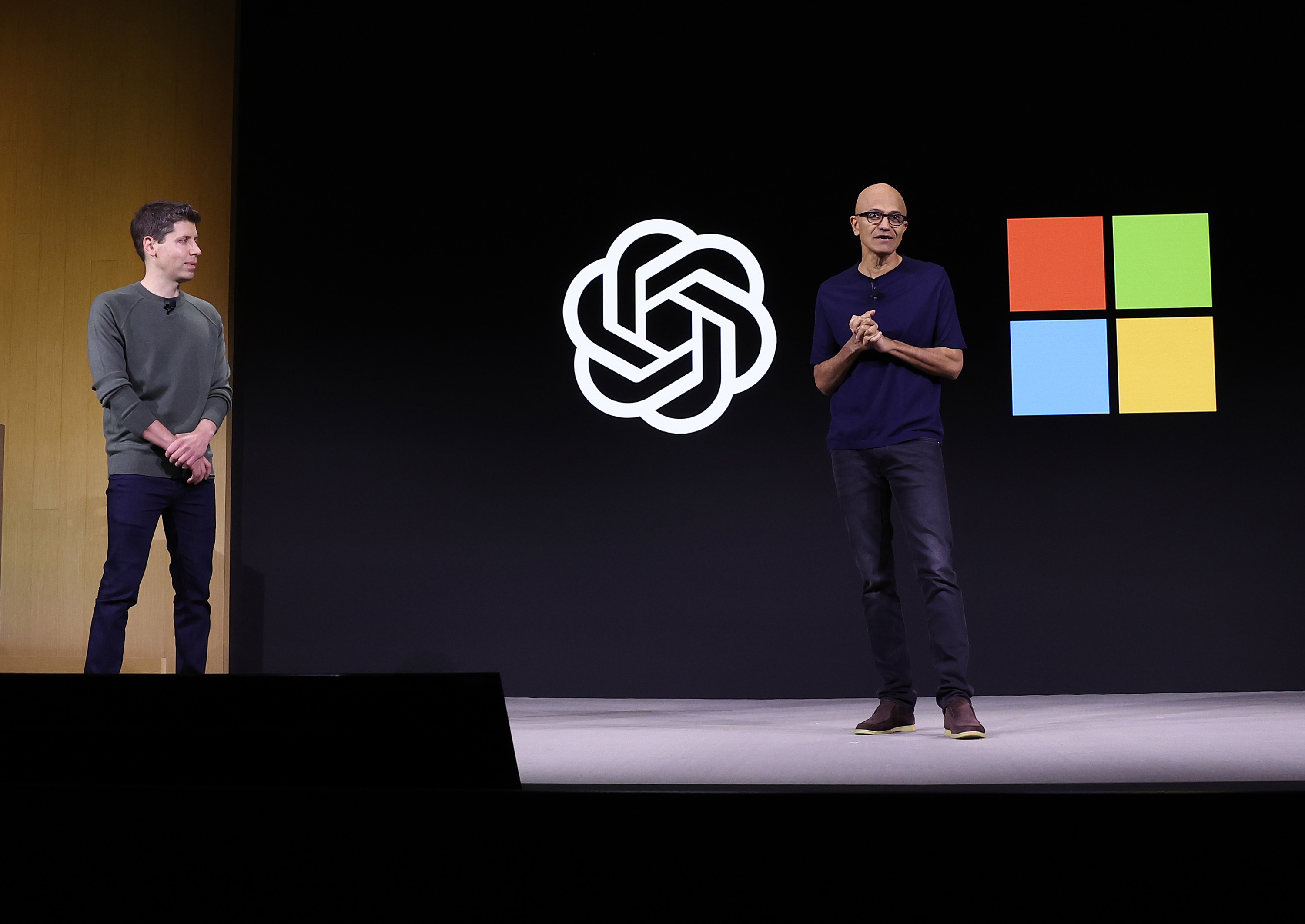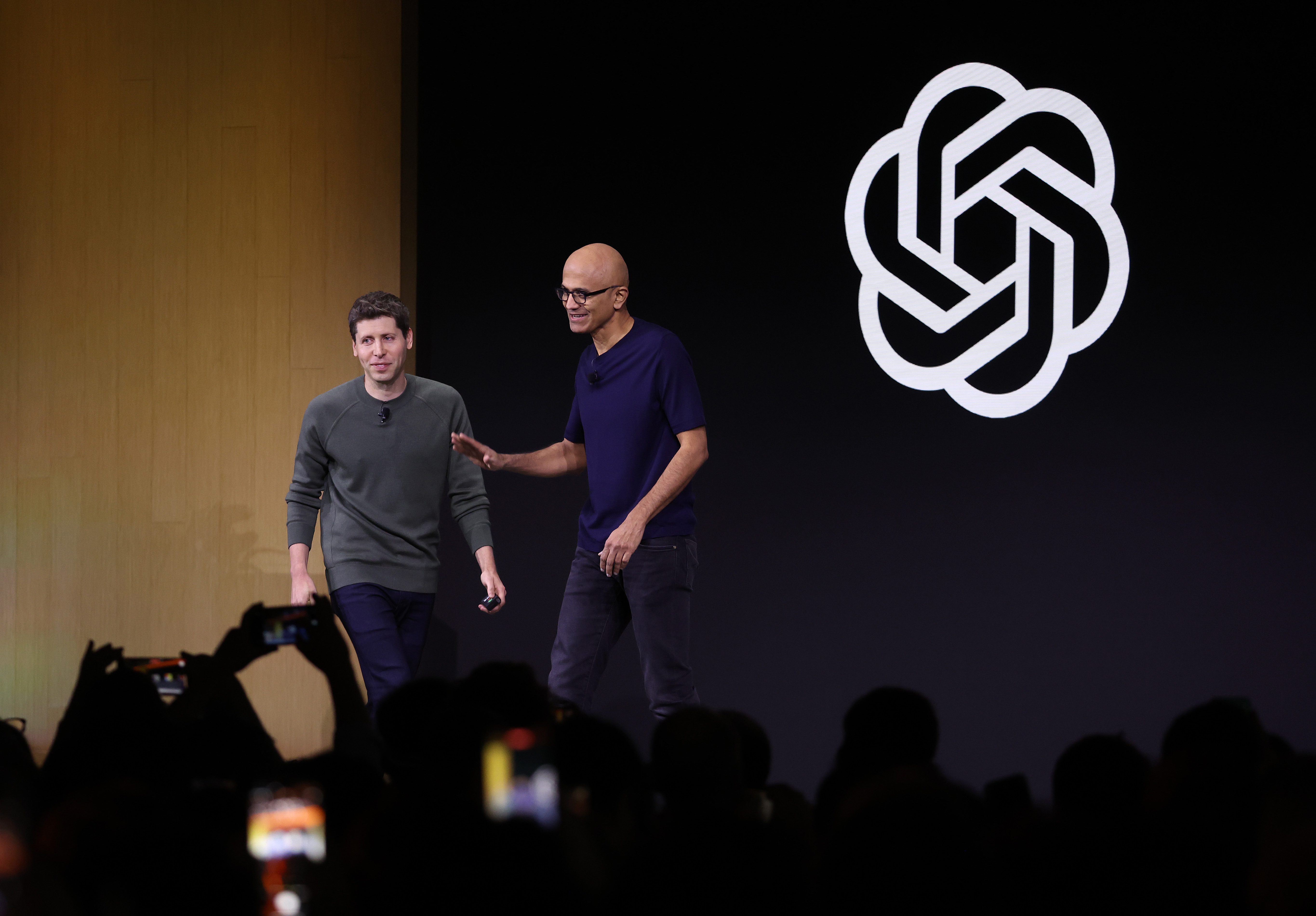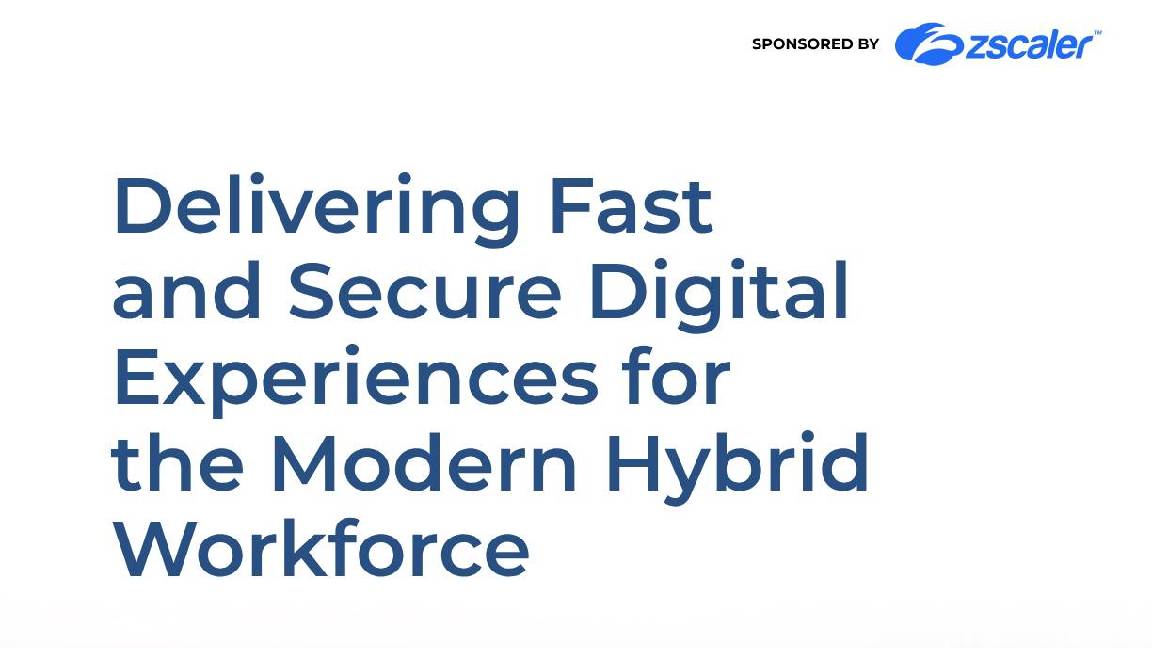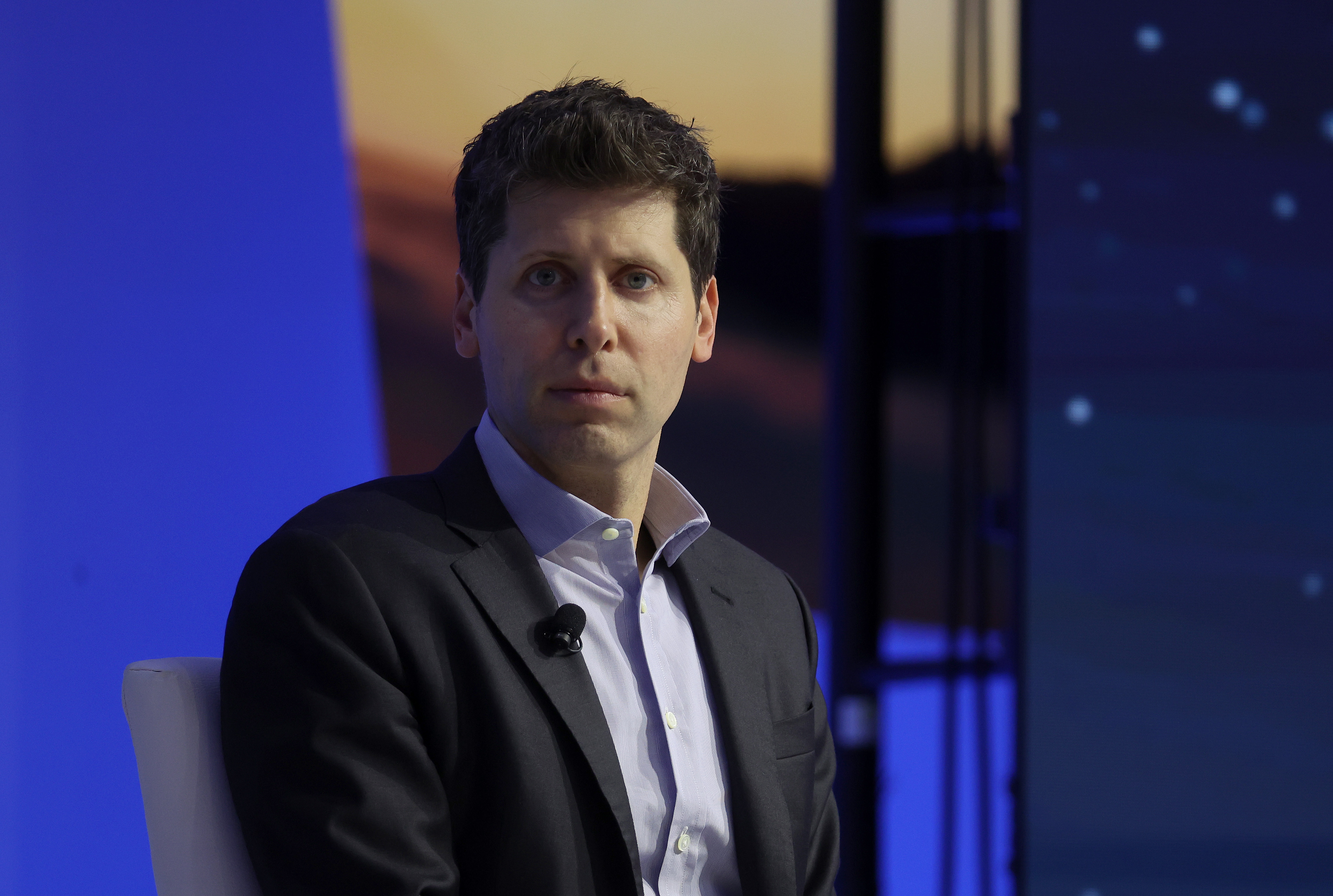OpenAI and Microsoft's regulatory probes explained
Regulators are concerned that OpenAI's relationship with Microsoft could constitute a merger, prompting initial probes in the EU, US, and UK in recent months


The relationship between OpenAI and Microsoft has come under intense scrutiny from regulators on both sides of the Atlantic in recent months, with competition watchdogs in the UK and US opening preliminary investigations on the matter in late 2023.
The European Commission has now confirmed it intends to open its own probe aimed at “checking whether Microsoft’s investment in OpenAI might be reviewable under the EU Merger regulation”.
"We are inviting businesses and experts to tell us about any competition issues that they may perceive in these industries, whilst also closely monitoring AI partnerships to ensure they do not unduly distort market dynamics," said EU competition chief Margrethe Vestager.
The commission said it will give relevant parties until March 11 to provide comment on the relationship and whether it could impact competition in EU markets.
The move by EU regulators means OpenAI now faces three probes into its lucrative relationship with Microsoft.
On Friday 8 December, the UK’s Competition and Markets Authority (CMA), revealed it had launched an initial review into the relationship between OpenAI and Microsoft amid concerns that the pair could be impacting competition in the British AI market.
The watchdog said it planned to examine whether Microsoft’s significant investment in the AI firm amounts to an “acquisition of control”.
Get the ITPro daily newsletter
Sign up today and you will receive a free copy of our Future Focus 2025 report - the leading guidance on AI, cybersecurity and other IT challenges as per 700+ senior executives
The CMA isn’t alone in its concerns, either. The US Federal Trade Commission (FTC) also opened a preliminary investigation into this relationship, per reports from Bloomberg on 9 December 2023.
So what’s behind this heightened scrutiny? Essentially, Sam Altman’s ousting and recent changes to the company’s board structure have shone a spotlight on ties between the two firms.

Sam Altman and Satya Nadella pictured during the OpenAI DevDay event in November 2023
November 2023 was a chaotic month for OpenAI to say the least. The firm’s board shocked the world with the announcement that Altman would be removed with immediate effect alongside co-founder Greg Brockman.
The incident sparked several days of disruption, unrest, and speculation that eventually led more than 700 staff to revolt and demand Altman’s immediate reinstatement.
Microsoft, meanwhile, was blindsided by the carnage and scrambled to calm the situation with the appointment of Altman to a new internal role at the tech giant.
Within a matter of days though, Altman was back in charge and the debacle left both companies somewhat humiliated. AWS chief executive Adam Selipsky even took time to jest at their expense during the firm’s annual re:Invent conference.
Critically, Altman’s reinstatement as chief executive brought about changes at the beleaguered AI darling, with Microsoft being granted a non-voting seat on the OpenAI board.
This may not seem out of the ordinary given Microsoft has and a vested interest in maintaining stability at the firm, but it does highlight the fact that the tech giant is becoming increasingly entwined with its poster child.
RELATED RESOURCE

Discover digital experience monitoring that covers all systems
DOWNLOAD NOW
Microsoft currently holds a 49% stake in the for-profit arm of OpenAI, and has invested over $13 billion in supporting the firm in recent years, with around $10 billion of that coming in 2023 alone.
It’s this cozy relationship between the two that appears to have prompted so much concern from regulators in the wake of the ousting chaos. According to the CMA, recent developments in OpenAI’s leadership structure directly influenced its decision.
“There have recently been a number of developments in the governance of OpenAI, some of which involved Microsoft,” the CMA said in a statement at the time.
“In light of these developments, the CMA is now issuing an ITC to determine whether the Microsoft / OpenAI partnership, including recent developments, has resulted in a relevant merger situation and, if so, the potential impact on competition.”
Last week, OpenAI announced that Microsoft executive Dee Templeton had joined its board as a “non-voting observer”. The inclusion of Templeton on the board forms part of a shake-up in the wake of the November chaos, with Microsoft apparently seeking to keep closer tabs on goings on at OpenAI.
In the US, concerns from the FTC also centered around this close relationship and whether or not the tie-up between the firms amounts to a merger that could potentially violate antitrust laws.
Sources told Bloomberg that Microsoft did not report its investment in OpenAI due to the fact that said funding didn’t give it a controlling stake in the firm.
Could OpenAI and Microsoft face formal antitrust probes?
All three regulators are making preliminary enquiries on the matter, but this could mark the first step in the journey toward a formal antitrust probe in all jurisdictions.
The CMA issued an “invitation to comment”, which entitles both companies to argue their case. But this process also allows relevant third parties to voice their concerns over the scope of the relationship and its potential impact on themselves and the broader marketplace.
In the EU, which has taken a far more robust approach to tech regulation in recent years, the European Commission could choose to launch a full-scale probe into the duo if both are found to be in breach of merger regulations.

Ross Kelly is ITPro's News & Analysis Editor, responsible for leading the brand's news output and in-depth reporting on the latest stories from across the business technology landscape. Ross was previously a Staff Writer, during which time he developed a keen interest in cyber security, business leadership, and emerging technologies.
He graduated from Edinburgh Napier University in 2016 with a BA (Hons) in Journalism, and joined ITPro in 2022 after four years working in technology conference research.
For news pitches, you can contact Ross at ross.kelly@futurenet.com, or on Twitter and LinkedIn.
-
 Should AI PCs be part of your next hardware refresh?
Should AI PCs be part of your next hardware refresh?AI PCs are fast becoming a business staple and a surefire way to future-proof your business
By Bobby Hellard
-
 Westcon-Comstor and Vectra AI launch brace of new channel initiatives
Westcon-Comstor and Vectra AI launch brace of new channel initiativesNews Westcon-Comstor and Vectra AI have announced the launch of two new channel growth initiatives focused on the managed security service provider (MSSP) space and AWS Marketplace.
By Daniel Todd
